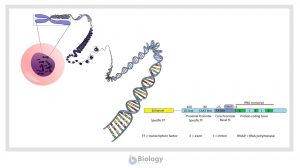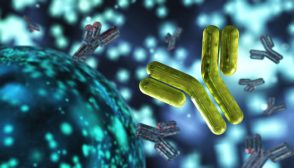Definition
noun, plural: hyperthermophiles
An organism that is adapted to live and thrive at temperature as high as 80°C and above
Supplement
A hyperthermophile is an organism that can live and thrive at high temperatures, i.e. at or above 80°C. Hyperthermophiles are one of the three types of groups of thermophiles. Thermophiles are organisms capable of living at high temperatures, i.e. between 41 and 122 °C. Other groups are the obligate thermophiles and the facultative thermophiles. The obligate thermophiles cannot survive at relatively lower temperatures in contrast to the facultative thermophiles that can still thrive at lower temperatures such as below 50 °C.
Hyperthermophiles prefer high temperatures, e.g. above 80 °C for optimal growth. They are able to thrive in such extreme temperatures because they contain enzymes that can function at high temperatures. They are an example of extremophiles. While they are able to live at high temperatures, most organisms would not be able to survive upon exposure to the same temperature.
Many hyperthermophiles are from the domain Archaea. Some of them are Pyrolobus fumarii (an archaeon that can thrive at 113 °C in Atlantic hydrothermal vents), Pyrococcus furiosus (an archaeon that can thrive at 100 °C), Methanococcus jannaschii, Sulfolubus , etc. Apart from archaea, there are also bacterial species that are regarded as hyperthermophile, such as Geothermobacterium ferrireducens, Aquifex aeolicus, etc.
Word origin: hyper– (over) + thermophile
See also:
Dictionary > Hyperthermophile
You will also like...

Population Regulation in an Ecosystem
With regard to the population size of a species and what factors may affect them, two factors have been defined. They ar..

Digestion and Absorption of Food
The gastrointestinal system breaks down particles of ingested food into molecular forms by enzymes through digestion and..

Gene Regulation in Eukaryotes
Learn about the general structure of a eukaryotic gene, the transcription factors, and post-transcriptional regulation....

Passive and Active Types of Immunity
Lymphocytes are a type of white blood cell capable of producing a specific immune response to unique antigens. In thi..

Still Water Animals
Animals living in aquatic habitats have diversified and evolved through time. They eventually occupy ecological niches a..

Plant Metabolism
Plants are responsible for incredible feats of molecular transformation. Plant processes, such as photosynthesis, photop..

